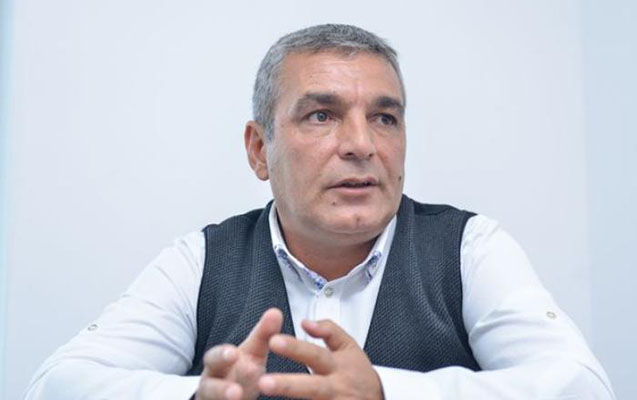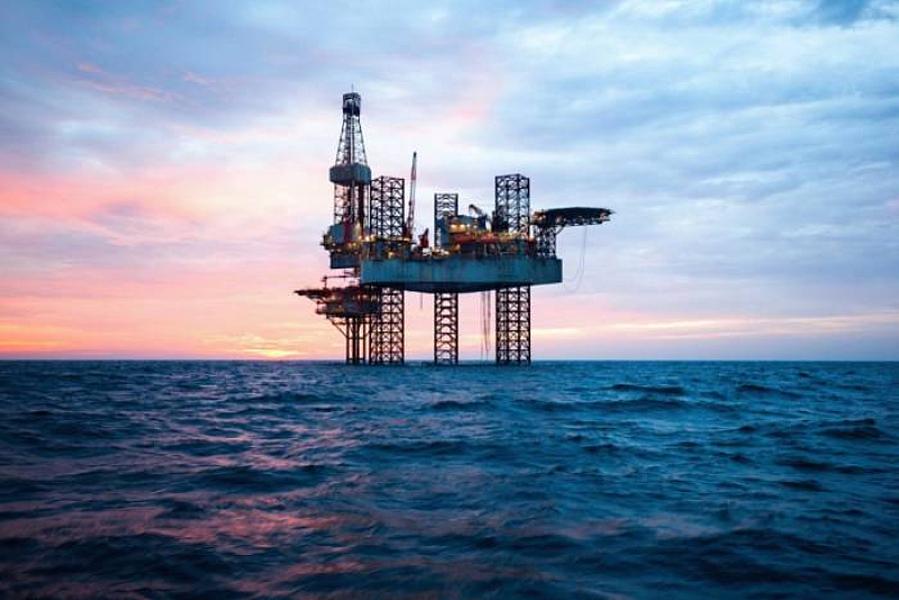On August 27, it was announced that a barrel of Azerbaijani oil branded "AzeriLight" was sold for $67.30. This is $2.70 below the budget price.
In Azerbaijan's 2025 budget, a barrel of oil is taken at $70. "AzeriLight" started January at $79, February at $78.52, March at $75.68, April at $78.29, May at $65.13, June at $68.82, July at $72.01, and August at $72.70.
The OPEC+ coalition of exporters has set Azerbaijan's daily crude oil production quota at 551 thousand barrels.
Can the current price of Azerbaijani oil being $2.70 below the budget price be considered a temporary situation? Or could the price fall further? Is there a need to reconsider the budget price of oil?

Speaking to Medianews.az on the subject, economist Natiq Jafarli stated that the price of Azerbaijani oil is not set separately: “Wherever the price of Brent crude oil heads in the global market, the price of AzeriLight moves in the same direction. So far, the average price for the first half of the year is above $70.
Today, the price of one barrel of Azerbaijani oil is close to $70. If the price stays below $70 for a long period, say until the end of the year, this would create certain difficulties for the next period. However, I do not think there will be any serious difficulties for 2025 in general. Because even if the price fluctuates between $65 and $70 and no sharp drop happens, the average price by the end of the year will be around $68-70. This does not cause a serious problem.
The main issue is the decline in production in our country. Production in Azerbaijan is not increasing; it is decreasing year by year. This is a serious problem. The second issue is that there are high probabilities that oil prices will fall more in 2026.
The main reason why oil prices have been averaging around $70 during the part of 2025 that has passed and currently is not economic factors. It is more due to geopolitical tensions, wars in the Middle East, the Israel-Iran confrontation, the situation in Gaza, the Russia-Ukraine war, and similar events. All these are factors that significantly affect oil prices. Imagine if these factors gradually disappear from the agenda, and certain agreements are reached between the parties involved in armed conflict, the risk margin in oil prices next year will decrease significantly. That is to say, oil prices may be cheaper next year. Therefore, it is very likely that when discussing Azerbaijan’s 2026 state budget, the government will have to take the oil price at a level lower than now. I think in next year’s budget parameters, a barrel of oil will be taken at $60, not $70.”
Naile Qasımova,
Medianews.az

